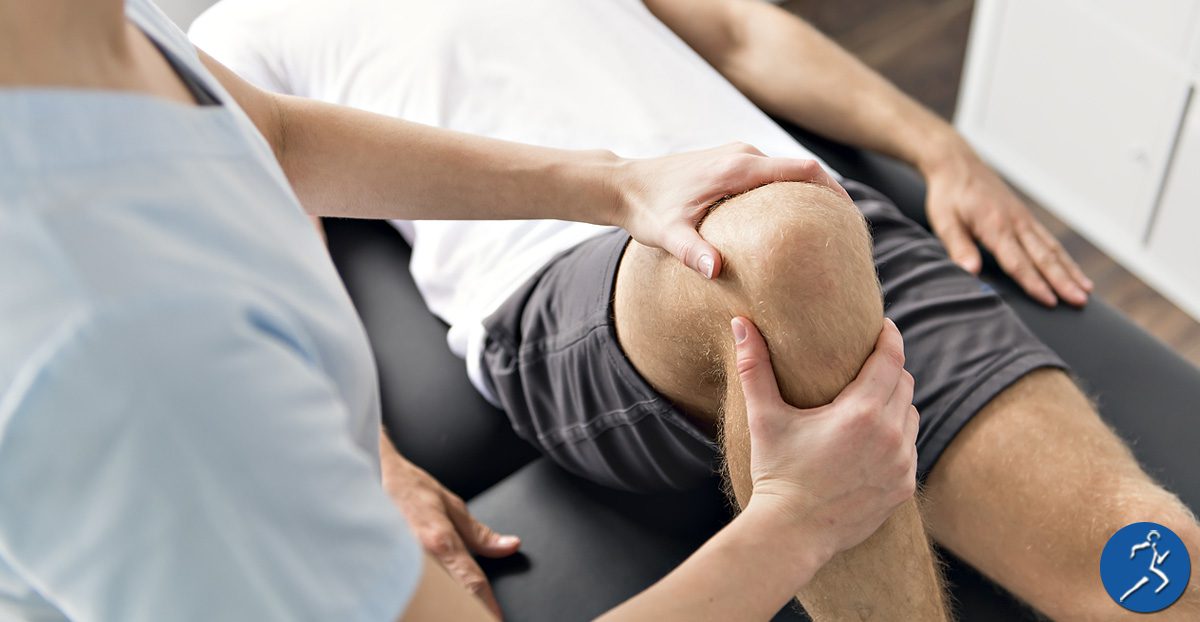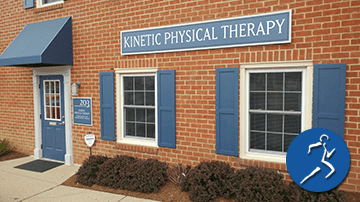 Runners want to run but if not careful could end up with a running injury. Many people continue to work toward their fitness goals. Perhaps one of your goals is to train for a running race. Or maybe you begin your fitness journey by running. Often there’s not a question of if a runner will sustain an injury, but when.
Runners want to run but if not careful could end up with a running injury. Many people continue to work toward their fitness goals. Perhaps one of your goals is to train for a running race. Or maybe you begin your fitness journey by running. Often there’s not a question of if a runner will sustain an injury, but when.
There doesn’t seem to be a concrete statistic on how many runners are injured each year. But there has been research conducted that shows about half of recreational runners will encounter an injury each year.
Physical therapy can be instrumental when recovering from a running injury.
Although runners may sustain several different injuries, let’s look at four of the most common and how physical therapy can help.
Runner’s Knee
This is the most common injury runners encounter. Just like it sounds, runner’s knee is a type of knee pain. However, it’s a very broad term used to describe the pain – it’s not a specific injury.
The main symptom of runner’s knee is a pain when running down hills or bending your knee. The pain usually increases with the knee’s use but improves with rest.
Swelling of the knee, popping sounds when the joint bends, or a grinding feeling can be other symptoms of runner’s knee.
A physical therapist can help a runner recover from this common joint pain. Strengthening exercises targeting the hip, knee, and ankle can relieve the pressure causing the pain. Stretching exercises in these same areas will also encourage healing.
Plantar fasciitis
This foot injury results from inflammation and small tears to the tendons connecting the ball of the foot to the heel. It’s mostly felt on the underside of the heel and along the foot’s arch.
When running, plantar fasciitis usually doesn’t inflict pain during movement. It shows up after running, especially those first few steps out of bed in the morning.
A physical therapist can help formulate a plan for pain relief such as icing, exercises, stretches, massage, or orthotics.
Recovery from plantar fasciitis usually takes several weeks. A physical therapist will adjust the recovery plan as the patient makes progress.
Shin Splints
Few things are more painful to the leg than shin splints. This pain occurs just behind the large bone in the lower leg. Often it feels like a constant pain that increases to the point of the shin being painful to the touch.
The most common reasons for shin splints are when the impact of a stride puts strain on the foot’s arch. This could be due to shoes that don’t fit well or provide good support. Another reason for shin splints is not stretching to warm up or cool down when running. Weak ankles, hips, or core muscles can also be a factor.
One of the best ways to conquer shin splints and prevent them from returning is stretching. A physical therapist can show a runner proper stretching techniques for warming up and cooling down, keeping shin splints at bay.
Achilles tendonitis
The Achilles tendon joins the calf muscle to the heel bone. It travels down the back of the lower leg, and it’s the largest tendon in the body.
Frequently Achilles tendonitis is caused by running on hard surfaces, running with an injured calf muscle, or not warming up properly before a run.
A physical therapist will help heal the tendon and decrease pain through flexibility movement and stretching exercises. They do this by designing all activities to strengthen the tendon without over-stressing it.
Recovering from a running injury
As you continue your fitness journey, physical therapy can be extremely beneficial in helping you recover from and avoid running injuries.
Suppose you seem to suffer from running injuries repeatedly. In that case, our physical therapists can work with you to discover why and give you great strategies to stay healthy.
Whether you’re a seasoned marathon runner, a weekend running warrior, or are just beginning your journey to your first-ever 5K, Kinetic Physical Therapy will help you reach your running goals. Call us today to discover how our knowledgeable therapists can help any runner.


